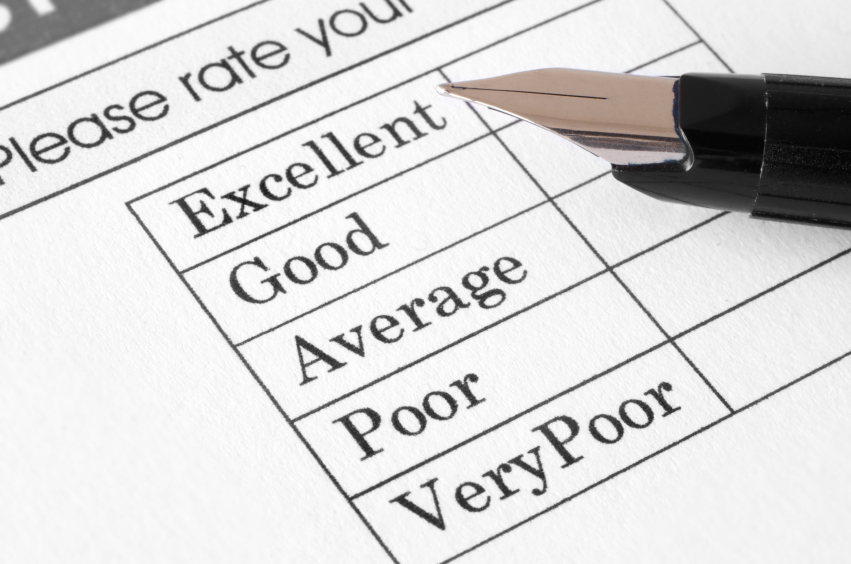Performance reviews are not just report cards. Employees often feel like performance reviews are just a waste of time because they seem to provide little feedback to truly enhance the agency’s mission.
Performance reviews can also provide an avenue for communication within the agency. They can provide a way for both employees and leaders to communicate about whether or not the current system is effectively accomplishing the agency’s mission.
Tom Fox, Vice President for Leadership and Innovation at the Partnership for Public Service, sat down with Emily Jarvis on the DorobekINSIDER to discuss the necessity behind performance reviews and how to view them as an ideal mechanism for communication between all govies; within and across agencies.
Today’s performance review system is inefficient and ineffective. “Generally speaking the performance review process in government tends to be fairly heavy regulated and frankly often unsatisfying for both supervisors and employees, because it’s, at best, done twice a year,” Fox said. This provides a natural discrepancy since it becomes difficult to remember program successes or failures that date back six or twelve months ago, let alone discuss these things with the necessary scrutiny required for an agency to improve overall. Fewer performance reviews provide “a more limited opportunity to grow, develop, and to continuously improve your performance when the really deep and most meaningful performance conversations are relegated to once or twice year,” Fox stated. Which is why Fox suggested that, in the current system, employees keep a “living document” in which they write down major successes and results until the next performance review comes around. That is, until the current system is hopefully altered.
Fox hopes that government takes a look at some of the processes private industries have been taking on and considers adopting some of their best practices. General Electric, Accenture, and Deloitte are “building processes that allow for more real time, more significant, more informal feedback, that allow folks to engage one another on a regular basis. That way they can see whether or not they are really performing up to expectations and/or are continuously improving the process,” Fox stated.
Leaders have to be at the forefront of the performance review change in government- across the board. “It would truly require a dedicated and pretty serious effort on the part of leaders at all levels to make sure that they’re having those more frequent, more meaningful, more real time conversations within their agencies,” Fox pointed out. But that is not to say that employees do not play a big role in the hopeful wave of change in government’s performance reviews as well. Fox reminded us that employees should figure out their supervisor’s natural preferences and tendencies and to tap into them. This provides a mode of communication that is both natural and non-threatening, before the mandated and regulated performance reviews. “Don’t call it a feedback session and don’t request feedback that’s going to throw your supervisor’s guard up. Simply see if you can elicit some feedback from them about what you are doing well or where you might improve,” Fox said.
Together, govies across all agencies and levels, can improve their grade in performance reviews by not only holding more frequent reviews, but by keeping the line of communication open among each other. After all, performance reviews can only be effective if all parties are open and honest with one another. Only then can agencies hope to truly fulfill their mission and improve from within.





Leave a Reply
You must be logged in to post a comment.